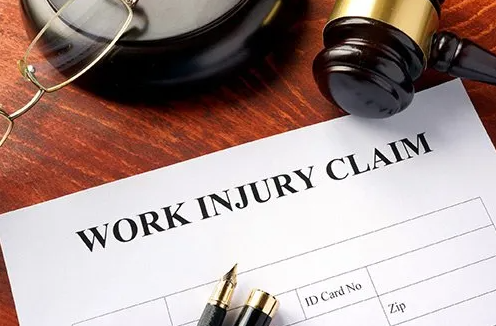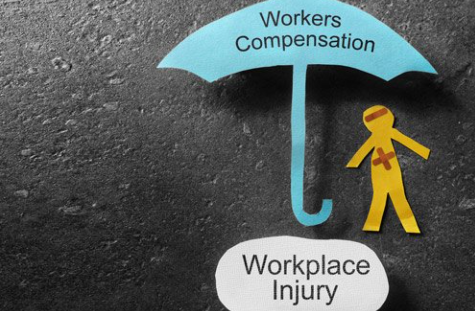UNDERSTANDING REPETITIVE STRESS INJURY
Admin • December 28, 2017

Repetitive stress injuries (RSIs), also known as repetitive strain injuries, affect a variety of body parts, but most commonly the arms and hands. Repetitive strain injuries tend to last longer than simple strains, and they can have a significant impact. If you are experiencing an RSI, it makes sense that you turn to legal counsel.
Many people realize that they have RSIs all too late. The symptoms and side effects can influence your ability to work in the future. Unfortunately, many workers’ compensation claims are denied right away.
If you are dealing with an RSI but have questions about the process, this guide will answer some of the most common questions people have about the steps to take if you have an RSJ.
What Are the Types of Repetitive Stress Injuries?
While commonly confused for overuse injuries, RSIs are much different because they require repetition. One example of a repetitive stress injury is tendonitis, which is inflammation of the tendons that connect muscles and bones. Tennis elbow is a common form of tendonitis.
Symptoms of RSIs typically include swelling, numbing, and tingling of the affected body parts. You might also experience stiffness, weakness, or sensitivity in the affected areas. Much of the time these symptoms are not immediate.
What Types of Jobs Are Associated With Repetitive Stress Injuries?
Repetitive stress injuries are commonly associated with manufacturing and assembly line jobs, especially those including packaging, operating heavy machinery, and inspecting. On the other hand, RSIs may also be associated with baking, cabinetry, technology, and construction.
For example, construction workers commonly experience RSIs because of temperature changes on the job and vibration caused by power tools. Typists experience issues like carpal tunnel, and people who work on assembly lines may experience injuries from repeatedly moving the arm in the same way.
No matter your occupation, workers’ compensation specialists will take a hard look at what you do each day to determine if you deserve compensation for your injuries. While RSIs encompass a variety of industries, certain occupations are not as likely for inclusion.
What Treatments Are Associated With Repetitive Stress Injuries?
Several treatments are beneficial for relieving the pain and discomfort associated with RSIs. Physical therapy is one common treatment, but in some cases the injuries may require general, plastic, or orthopedic surgery.
Mitigating your damages is an essential component of RSIs, and you may be asked which measures you have taken for your own treatment. This might include resting, icing, splinting, and elevating the injured limb. You may also take part in occupational therapy programs.
Employers are supposed to mitigate damages on their part as well. They can help minimize the risks of RSIs by encouraging good positioning and introducing ergonomic devices like keyboards and computer mice. Allowing small breaks and encouraging sitting is essential too. Employers should also allow certain equipment, like carts and dollies, as is necessary.
Why Do You Need a Lawyer to Handle Repetitive Stress Injuries?
The law comes into play when you apply for worker's compensation. Many cases require filing an appeal or request for a workers’ compensation hearing in order to receive the settlement or award. Lawyers can help you file your appeal.
If you do experience an RSI caused by work, you may be entitled to medical benefits. The benefits often include diagnostic tests, physical therapy, medical procedures, rehabilitation, and medications. In some cases, workers’ compensation will even cover travel, income replacement, and vocational counseling.
Hiring an attorney is essential for appealing or requesting worker's compensation. The Law Offices of Jeffrey M. Greenberg
is here to help you with your California worker's compensation issues. We represent injured workers to ensure their rights are protected in court.
If you suffer an injury at work, you should report the injury to your employer as soon as possible. Learn why the timing is important.
Construction injuries can often be serious. Learn about three ways construction workers can reduce their chances of injury on the job.
If you are injured at work, you should be aware of work capacity after a work-related injury so you can prepare yourself. Learn more.






